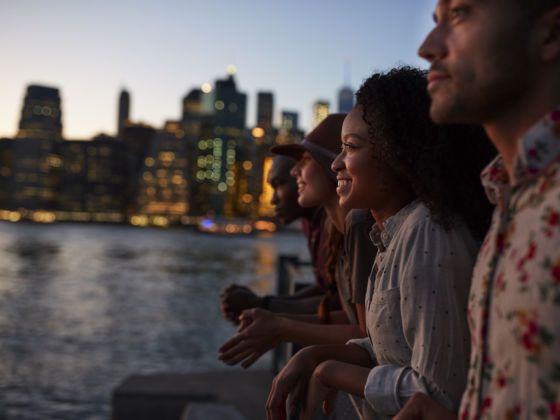Racial justice is about making sure people of all races are treated equally everywhere. That means that anyone, anywhere, can help. As travelers, our actions can either contribute to racial injustice or help alleviate the problem. If you want to ensure you’re supporting people of color as a traveler, here are a few ways you can help.
1. Stay at hotels and eat at restaurants owned by people of color.
A 2016 study from the Institute for Policy Studies found that in the United States, the average black family would need 228 years to build the wealth of a white family today. For Latino families, it would take 84 years. Around the world, in the travel industry specifically, there is also a racial wealth gap. In some countries reliant on tourism, money ends up in the pockets of foreign-owned (and mostly white) tour operators, airlines, hotels, etc. This phenomenon is called “tourism leakage.”
